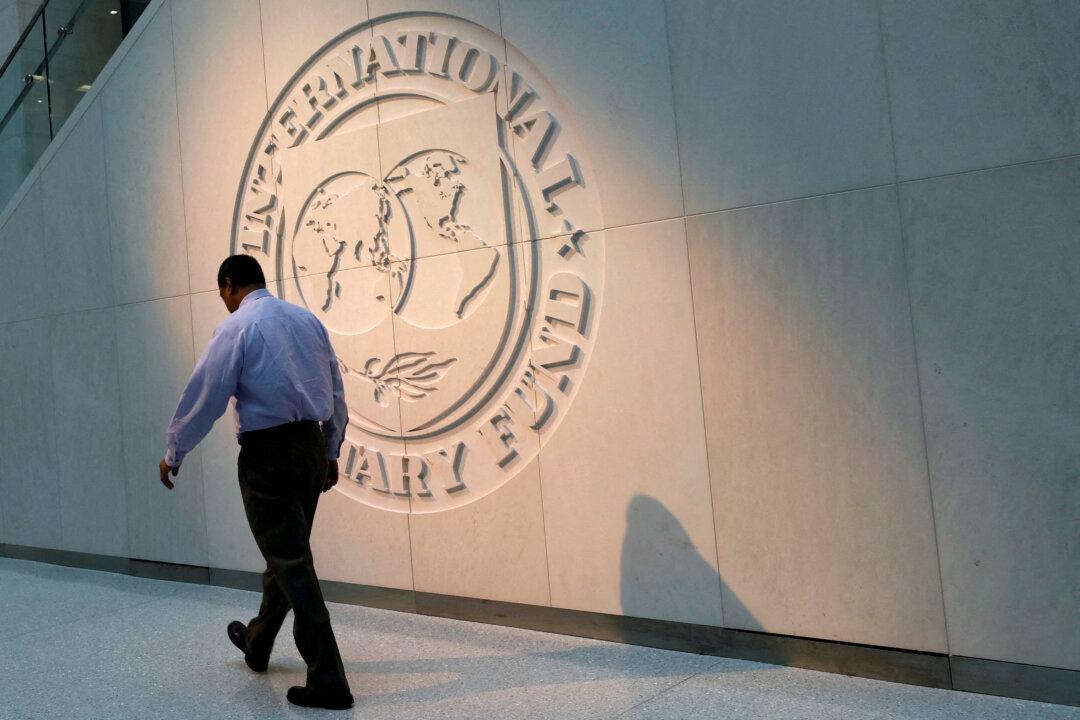Deutsche Bundesbank President Joachim Nagel said he does not believe the European Union will experience a recession in 2023, arguing that the latter half of the year is showing promising signs of recovery.
Speaking at the Spring Meetings of the International Monetary Fund (IMF) and the World Bank Group on Thursday, the central banker highlighted the German economy’s resilience in reducing its dependency on Russian gas over the past year.




